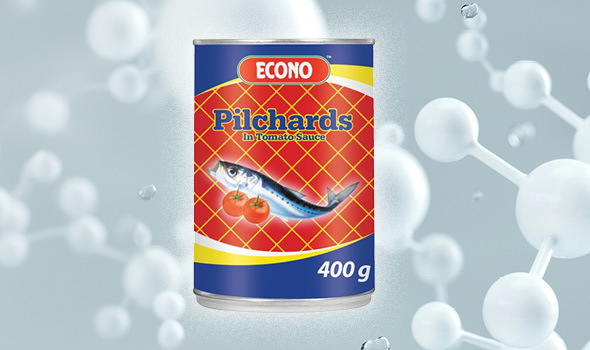Retail group Massmart has extended its long-standing partnership with the University of Witwatersrand’s Department of Molecular and Cell Biology by sponsoring Honours level postgraduate research that seeks to improve the technique used to extract genetic material from tinned seafood products.
Viratha Hariram, the Sustainability Manager responsible for Massmart’s marine conservation initiatives explains, “We use genetic identity testing in partnership with the Wits Molecular and Cell Biology laboratory, as an added precaution to ensure that Massmart is not supplied with red listed or critically endangered seafood species. Most recently we became aware that the current seafood DNA extraction process, whilst being reasonably effective for fresh and frozen seafood products, is less reliable in the case of tinned seafood due to DNA fragmentation caused by the processing and preservation of the product. We therefore proposed sponsoring research to identify options to improve the process.”
The research, conducted by a team of two Wits Honours Microbiology students, under the supervision of Dr. Botes and Mr. Michael Tobin, aims to evaluate alternate PCR amplification methods to improve the usability of the fragmented DNA strands of tinned seafood. These methods enable the quick and reliable verification of the accuracy of seafood species information described on tinned seafood labelling of products sold by Massmart’s Makro, Game and Jumbo stores.
Commenting about the research, Mr. Tobin, says, “We hypothesised that, with these new PCR chemistries, we can minimize the effect of the DNA fragmentation and increase our identification of processed fish samples by 15-20%.”
Massmart was the first local retailer to conduct genetic identity testing across all its private brand seafood products and since inception, the program has tested over 200 seafood samples.




